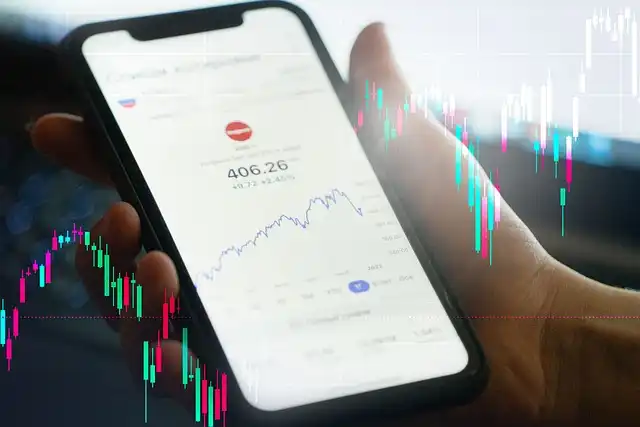AI Bubble Fears: Government Bailout Debate & Economic Impact

Concerns rise about an AI bubble mirroring the 2008 crisis. Lawmakers debate government bailouts for AI firms like OpenAI amid increasing spending and potential economic risks. Oversight and regulation are demanded.
That doesn’t indicate it hasn’t made mistakes along its course to dominance. OpenAI entered a mess previously this month when its chief monetary police officer Sarah Friar recommended a government backstop so it can fund its ambitions through borrowing. She strolled it back less than a day later on. The White Residence, though, swiftly compressed any government rescue.
Government Intervention Debate
Fears still stick around concerning an AI bubble that explodes and ruined the U.S. economic climate. Yet something unifies Rep. Alexandria Ocasio Cortez and the White House already: Attracting a red line versus bailing out AI giants.
At the moment, AI spending is propping up significant swaths of the united state economy. Via blunt-force financial investment on information centers and the related tools to maintain them like semiconductor chips, tech firms helped expand U.S. GDP by 1.1%, per an October analysis from JP Morgan.
AI Investment and Economic Impact
The massive swell of AI costs has some legislators agitated about a replay of the 2008 monetary dilemma, should any firm go under. The United state federal government engineered an enormous bailout to protect against the economic chaos from spreading. OpenAI stepped right into a mess earlier this month when its chief financial policeman Sarah Friar supported a government backstop so it can fund its aspirations via borrowing. The White Residence, however, quickly squashed any type of federal government rescue.
Sen. Elizabeth Warren of Massachusetts sent out a letter on Tuesday demanding details from elderly White Residence consultants on their meetings with executives from OpenAI and various other AI firms. It singled out that OpenAI had actually sought financing warranties and access to federal tax obligation credit ratings, as just recently as in an Oct. 27 letter sent to the White Home.
Calls for Oversight and Regulation
Others seemed to desire tighter guardrails on the AI industry before green-lighting any kind of academic rescue. “There needs to be energetic oversight right here,” Sen. Ron Wyden of Oregon just recently informed Quartz. “I’m not authorizing off until we have that in position beforehand.”
“Ought to this bubble pop, we need to not be delighting a bailout,” the New York Democrat stated throughout a Wednesday Congressional hearing. She argued the firms birth blame in initiating mental health concerns with the AI chatbots they introduced to the public.
No popular AI business appears in brewing risk of collapsing. Yet they are increasingly sustaining their wagers with financial debt and circular financing deals that doubters say is akin to playing with fire in a firmly attached AI ecosystem.
Echoes of the 2008 Crisis
The massive swell of AI investing has some lawmakers daunted about a replay of the 2008 economic crisis, should any kind of firm go under. The U.S. government crafted a gigantic bailout to avoid the financial turmoil from spreading.
“OpenAI’s activities suggest that it might be going after a deliberate strategy to ensnare itself with the federal government and the more comprehensive economic climate so the government has no option yet to step in with public funds,” Warren said. After that, she attracted a parallel to the 2008 monetary collision.
1 AI bubble2 AI Regulation
3 economic risks
4 financial crisis
5 government bailout
6 OpenAI
« Trump, McDonald’s & ‘McFlation’: Price Wars & Presidential LoveAWD Sedans: Conquer Winter with Style & Performance »
